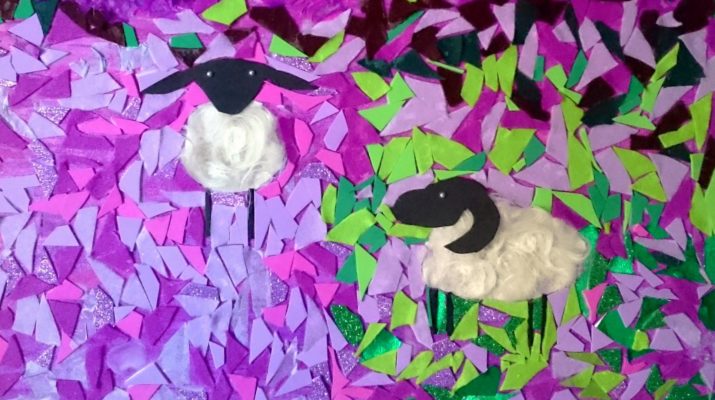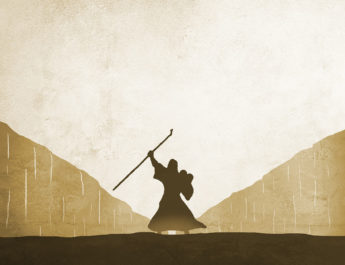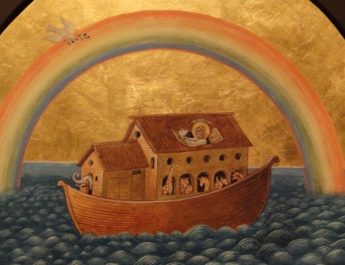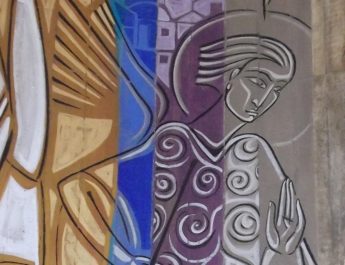Psalm 95:6-7
Narrative Lectionary 118
6 O come,A let us worshipB and bow down;C
let us kneelD beforeE the Lord,F our Maker!G
7 For he is our God,H
and we are the peopleI of his pastureJ
and the sheepK of his hand.L
O that todayM you would listenN to his voice!O
Image credit: “Sheep in Heather at Dusk” by Karen Bryan, 2015. {with a request to link to www.helpmetosave.com}




